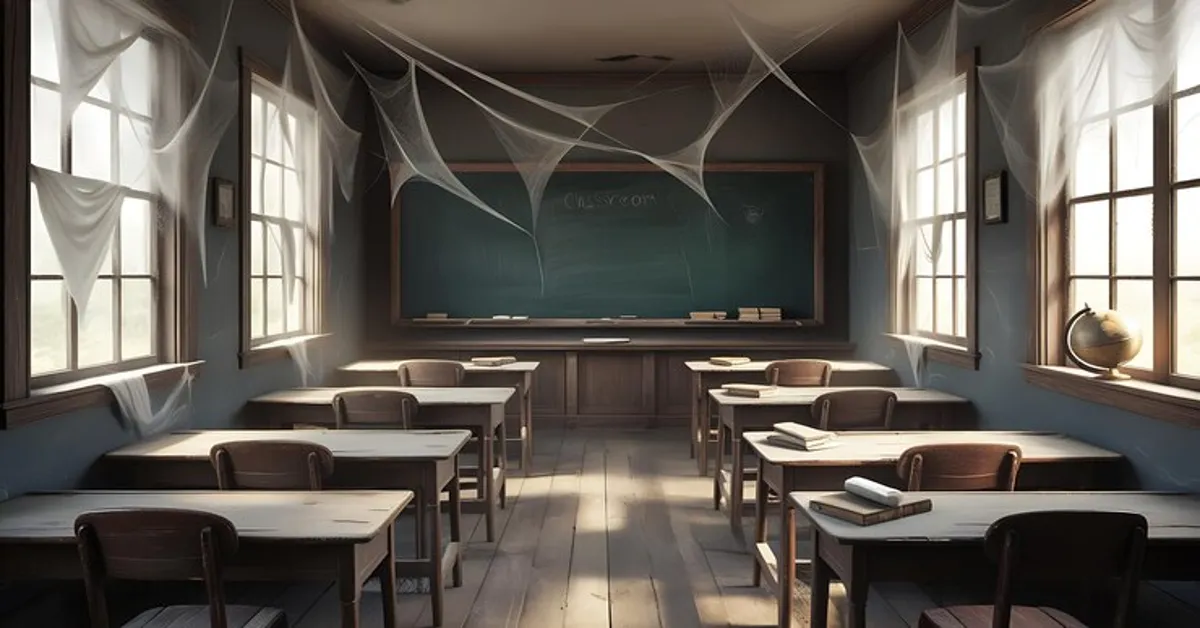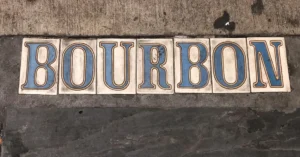In today’s increasingly opaque education and social structure, the term “secret class” is gaining attention—but it’s often misunderstood. Simply put, a secret class refers to a group, course, or method of learning or training that is deliberately kept out of public visibility. These classes are often exclusive, restricted, or experimental in nature, and may deal with sensitive content, high-level skills, or proprietary information.
Whether it’s in elite academic institutions, corporate boardrooms, government training programs, or underground cultural movements, secret classes have a long and controversial history. But why are they secret, and what does it say about access to knowledge today?
This article will dive deep into the mechanics of secret classes: what they are, where they occur, who participates, and why they continue to exist in the modern era. You’ll also find a breakdown of the key types of secret classes, how they differ from private courses, and their cultural and ethical implications.
Table: Comparing Secret Classes With Other Educational Models
| Criteria | Secret Class | Private Course | Public Course |
|---|---|---|---|
| Accessibility | Invitation-only or concealed | Open to those who can pay | Open to the general public |
| Purpose | Specialized, hidden knowledge | Professional development | General education |
| Content Type | Restricted, confidential, or advanced | Curriculum-based | Curriculum-based |
| Visibility | Not advertised | Advertised through normal channels | Fully transparent |
| Assessment | Often internal or custom metrics | Grades, certificates | Standardized testing or grades |
| Institutional Backing | Often informal or unacknowledged | Accredited or licensed | Accredited |
| Cultural Impact | High within niche groups | Moderate | Broad |
| Ethical Considerations | Controversial depending on content | Less controversial | Generally accepted |
What Is a Secret Class, Really?
At its core, a secret class refers to an educational or training session that operates below the surface of public awareness. Unlike private tutoring or exclusive courses, secret classes are intentionally hidden. They can range from highly intellectual gatherings to politically sensitive indoctrinations. In some cases, they may even take place in physical spaces that are not labeled or recognized as educational environments.
The content might be too controversial, experimental, or advanced to be shared openly. It could be technological, political, artistic, or philosophical in nature. The common theme? Discretion. A secret class is a tool for knowledge transfer where the concealment of that process is critical to its function.
Historical Origins of the Secret Class
Secret classes aren’t new. Throughout history, societies have preserved, protected, and taught knowledge covertly:
- Medieval Europe: Religious texts and philosophies were often studied in secret to evade persecution.
- Soviet Era: Dissidents held underground classes, especially in philosophy and Western political theory.
- Apartheid South Africa: Black communities developed secret schooling systems to provide education under discriminatory laws.
These classes were more than educational initiatives—they were acts of resistance, identity preservation, or power consolidation.
Modern Examples of Secret Classes
In the 21st century, secret classes manifest in a variety of settings:
1. Corporate Espionage and Proprietary Training
Some multinational companies run internal sessions that are never shared externally. These might include advanced R&D briefings or strategic leadership indoctrination that goes beyond what public documents describe.
2. Political and Ideological Indoctrination
Certain political groups conduct invitation-only classes to spread or reinforce radical ideologies. These sessions often go unregistered and are immune to public scrutiny.
3. Elite Academic Groups
Within prestigious institutions, professors sometimes hold off-the-record seminars for select students. These are not part of the formal curriculum but provide access to niche theories or unpublished research.
4. Art and Philosophy Salons
Creative communities may organize underground learning sessions—performance theory, experimental film, or alternative history—that they prefer not to advertise due to societal or institutional friction.
5. Hacktivist Training
Cybersecurity and hacker communities often host secretive skill-sharing events. These can range from ethical hacking techniques to discussions on surveillance evasion.
Why Keep It Secret? The Motivations Behind the Curtain
The reasons for keeping a class secret vary, but here are the most common motivations:
Exclusivity
The allure of hidden knowledge creates a sense of privilege and distinction. Being invited signals elite status.
Security
Some topics are sensitive, even dangerous. Keeping them behind closed doors reduces risk of exposure or misuse.
Control of Narrative
Secrecy allows the organizer to control who learns, what is learned, and how it’s applied.
Freedom from Regulation
Operating outside public or institutional systems allows greater freedom in content, structure, and pedagogy.
Ethical and Social Implications
Not all secret classes are benign. Some raise ethical concerns:
- Manipulation or indoctrination
- Exclusion based on race, gender, or class
- Lack of transparency in educational ecosystems
- Breach of public trust in institutions
Still, in some cases, secret classes are the only method available to bypass censorship or authoritarian restrictions, making them crucial for intellectual survival.
Are Secret Classes Always Hidden in Plain Sight?
Not exactly. Some secret classes are hidden in plain sight but disguised under alternate names or unrelated public activities. Others are deeply covert, accessible only through personal referrals or encrypted communication.
In digital environments, some “secret classes” operate on platforms like private Discord servers, encrypted Zoom sessions, or even inside gaming platforms using coded language.
The Digital Transformation of Secrecy
Today, the internet has transformed how classes are conducted. Encryption, anonymity, and decentralization have enabled global reach without physical presence. Yet, this comes with challenges:
- Risk of surveillance
- Difficulty in verifying credibility
- Vulnerability to infiltration
Still, the network effect has allowed these classes to expand rapidly across borders, ideologies, and communities.
Benefits of Secret Classes
Despite their controversy, classes offer real benefits:
- Freedom of Thought: A refuge for ideas that don’t conform to mainstream norms.
- Mentorship: Often taught by deeply committed experts.
- Deep Engagement: Participants tend to be highly motivated and invested.
- Adaptive Learning: Can change formats quickly to match new challenges or discoveries.
Risks and Drawbacks
However, there are drawbacks worth serious consideration:
- Lack of oversight: Risk of misinformation or exploitation.
- Elitism: May reinforce existing social inequalities.
- No formal recognition: Learners might gain no credentials or proof of participation.
- Psychological pressure: The atmosphere can become cult-like or intense.
How to Identify a Secret Class (If You’re Invited)
Here are signs that a class you’re being offered may fall into this category:
- No syllabus or official registration
- Location and schedule shared last-minute or only verbally
- Emphasis on loyalty or secrecy over content
- Focus on “unpublished” knowledge or revelation-style pedagogy
- No digital footprint or online presence
Can You Start Your Own Secret Class?
Absolutely—but it comes with responsibility. Here are some principles to consider:
- Define your purpose clearly. Why the secrecy?
- Set ethical guidelines. What topics or practices are off-limits?
- Protect participants. Especially if dealing with sensitive content.
- Be aware of the law. Understand local regulations on informal education or information sharing.
- Create a safety net. Where can students go if they need help or wish to exit?
Secret Class and Pop Culture
From Dead Poets Society to modern anime and webtoons, the idea of a secret class has captured public imagination. It’s often romanticized as a path to personal truth, rebellion, or forbidden wisdom. Yet in reality, it’s as complex and layered as the societies it exists within.
Secret Classes vs. Shadow Education
While both exist outside formal systems, classes are more than just after-school tutoring. Shadow education usually supplements formal learning. Secret classes often subvert or challenge it.
Global Hotspots for Secret Learning
- China: Underground Bible schools and unregistered tutoring circles.
- Iran: Women-led secret STEM sessions during strict patriarchal crackdowns.
- Russia: Philosophy circles discussing banned texts.
- United States: Radical political education groups or encrypted coding bootcamps.
What’s the Future of Secret Classes?
In a world where surveillance is rising and institutions are either distrusted or failing, classes may actually become more common—not less. As AI, politics, and climate upheaval transform every field, expect more knowledge to move underground where it can be explored without interference.
Conclusion
A secret class is not just an educational concept—it’s a social mirror. It reflects the fractures in access, the thirst for hidden knowledge, and the political pressures that shape how and where we learn. As with any powerful tool, it can enlighten or deceive.
Understanding the concept forces us to ask: What knowledge do we value, who decides who gets it, and what happens when the classroom goes underground?
ALSO READ: What Is Adsy.pw/hb3? A Deep Dive Into Its Function and Context
Frequently Asked Questions (FAQs)
1. What is a secret class in simple terms?
A secret class is a learning or training session that is intentionally hidden or restricted from public awareness.
2. Are secret classes illegal?
Not necessarily. Some are perfectly legal but discreet. Others may cross legal lines depending on the content or location.
3. How can I join a secret class?
Usually by invitation or through personal networks. They are rarely advertised publicly.
4. Are secret classes more effective than regular ones?
It depends on the content, instructor, and purpose. Some are deeply impactful; others may be misleading or biased.
5. Do secret classes exist online?
Yes. Many operate through encrypted platforms or closed communities, especially in areas involving political dissent or niche knowledge.









